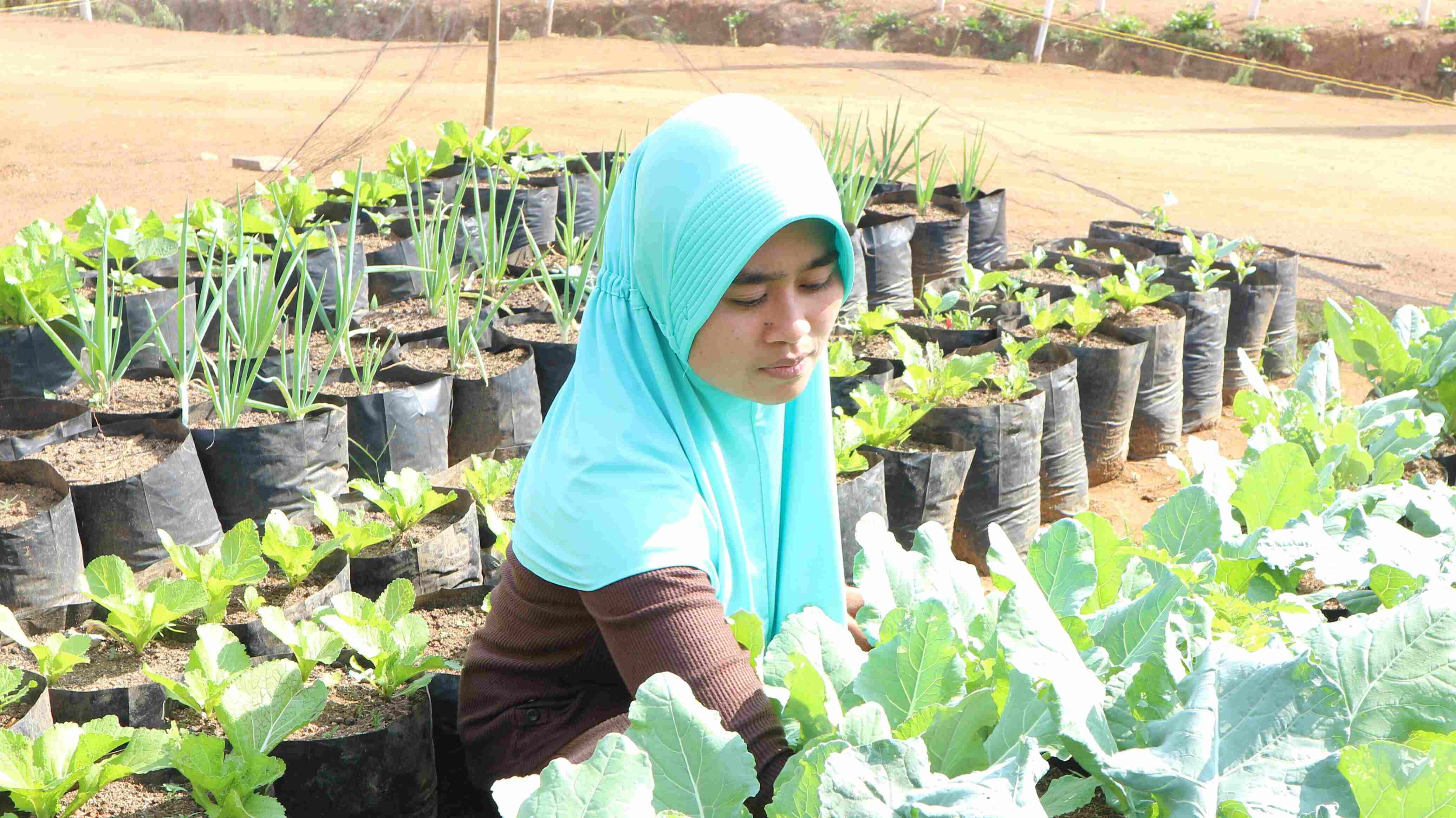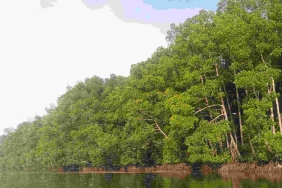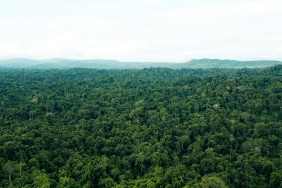SUSTAINABLE AGRICULTURE FOR LIFE
"Has it ever occurred to us that life is under our feet. A quarter of all life on earth is under our feet, from invisible bacteria to ants, worms and other small animals. All these creatures work and influence the structure and composition of the soil. They contain many nutrients that work to affect soil fertility, which is closely related to people's agricultural production. Even soil contains medicines. But how have we been treating our little friends and the places they live?
It turns out that unsustainable farming patterns, waste, deforestation, mining and industrial activities, and other unsustainable practices have been degrading soil quality, causing soil pollution, and killing microorganisms that adversely affect the soil's ability to grow and nourish plants. Fertilization, pesticides, and fertilizers, as well as the use of nutrient-hungry synthetic varieties that are considered the modern agricultural revolution have altered the natural processes of plants that used to rely solely on native nutrients from the soil. Although this method is claimed to have increased agricultural production, it has left serious negative impacts on soil quality and decreased biodiversity.
WWF works to promote sustainable agriculture. In the Southern Sumatra landscape, especially in Lampung and Bengkulu Provinces, this is manifested in a community capacity building program in sustainable agricultural practices. The program, which has been running since 2009, has trained at least 2,047 farmers in 27 villages covering the districts of Pesisir Barat, Tanggamus, and Lampung Barat in Lampung, and the district of Kaur in Bengkulu.
WWF works to promote sustainable agriculture in the Southern Sumatra landscape, especially in Lampung and Bengkulu.
The concept of sustainable agriculture aims to encourage farmers to understand the ecological processes that affect crops, recognize pests and plant diseases, and provide farmers with the skills to produce fertilizers, pesticides, fungicides, or other agricultural inputs independently and not rely on chemical products. This is expected to improve soil quality and reduce their production costs.
Thanks to the sustainable agriculture field school training run with farming communities in the buffer villages of TNBBS, various field school facilitators were successfully trained to share their knowledge with other farmers so that the reach of this program is wider. Not only trainers, in various villages farmer institutions have also emerged that have successfully gathered farmers to produce sustainable agricultural products that are marketed within the group. Some of them have successfully marketed the farmers' organic agricultural products and managed to increase the selling price of their farms.
This is one of the achievements in encouraging responsible producers to implement sustainable agricultural practices. But what is equally important is to encourage more and more responsible consumers with one of the criteria being Ecological Responsibility who have an understanding of all the consequences of their consumption patterns for the environment. This is a big challenge because from the results of a survey conducted by WWF and YouGov found that 91% of people do not realize that the food system is the biggest threat to nature, even more worrying because it turns out that one third of all food produced is never consumed. So going forward WWF is committed to continue to encourage sustainable food systems.





